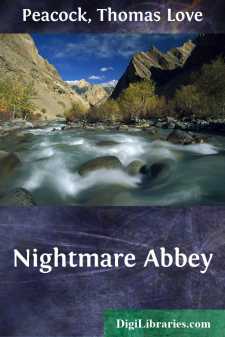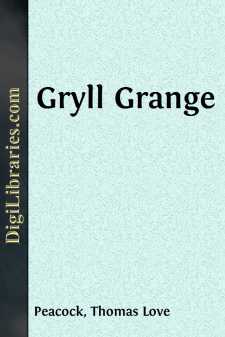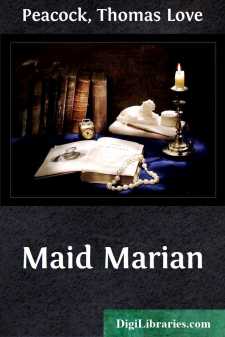Categories
- Antiques & Collectibles 13
- Architecture 36
- Art 48
- Bibles 22
- Biography & Autobiography 815
- Body, Mind & Spirit 144
- Business & Economics 28
- Children's Books 18
- Children's Fiction 14
- Computers 4
- Cooking 94
- Crafts & Hobbies 4
- Drama 346
- Education 58
- Family & Relationships 59
- Fiction 11835
- Games 19
- Gardening 17
- Health & Fitness 34
- History 1378
- House & Home 1
- Humor 147
- Juvenile Fiction 1873
- Juvenile Nonfiction 202
- Language Arts & Disciplines 89
- Law 16
- Literary Collections 686
- Literary Criticism 179
- Mathematics 13
- Medical 41
- Music 40
- Nature 180
- Non-Classifiable 1768
- Performing Arts 7
- Periodicals 1453
- Philosophy 65
- Photography 2
- Poetry 896
- Political Science 203
- Psychology 44
- Reference 154
- Religion 515
- Science 126
- Self-Help 85
- Social Science 83
- Sports & Recreation 34
- Study Aids 3
- Technology & Engineering 60
- Transportation 23
- Travel 463
- True Crime 29
Our website is made possible by displaying online advertisements to our visitors.
Please consider supporting us by disabling your ad blocker.
Nightmare Abbey
Description:
Excerpt
CHAPTER I
Nightmare Abbey, a venerable family-mansion, in a highly picturesque state of semi-dilapidation, pleasantly situated on a strip of dry land between the sea and the fens, at the verge of the county of Lincoln, had the honour to be the seat of Christopher Glowry, Esquire. This gentleman was naturally of an atrabilarious temperament, and much troubled with those phantoms of indigestion which are commonly called blue devils. He had been deceived in an early friendship: he had been crossed in love; and had offered his hand, from pique, to a lady, who accepted it from interest, and who, in so doing, violently tore asunder the bonds of a tried and youthful attachment. Her vanity was gratified by being the mistress of a very extensive, if not very lively, establishment; but all the springs of her sympathies were frozen. Riches she possessed, but that which enriches them, the participation of affection, was wanting. All that they could purchase for her became indifferent to her, because that which they could not purchase, and which was more valuable than themselves, she had, for their sake, thrown away. She discovered, when it was too late, that she had mistaken the means for the end—that riches, rightly used, are instruments of happiness, but are not in themselves happiness. In this wilful blight of her affections, she found them valueless as means: they had been the end to which she had immolated all her affections, and were now the only end that remained to her. She did not confess this to herself as a principle of action, but it operated through the medium of unconscious self-deception, and terminated in inveterate avarice. She laid on external things the blame of her mind's internal disorder, and thus became by degrees an accomplished scold. She often went her daily rounds through a series of deserted apartments, every creature in the house vanishing at the creak of her shoe, much more at the sound of her voice, to which the nature of things affords no simile; for, as far as the voice of woman, when attuned by gentleness and love, transcends all other sounds in harmony, so far does it surpass all others in discord, when stretched into unnatural shrillness by anger and impatience.
Mr Glowry used to say that his house was no better than a spacious kennel, for every one in it led the life of a dog. Disappointed both in love and in friendship, and looking upon human learning as vanity, he had come to a conclusion that there was but one good thing in the world, videlicet, a good dinner; and this his parsimonious lady seldom suffered him to enjoy: but, one morning, like Sir Leoline in Christabel, 'he woke and found his lady dead,' and remained a very consolate widower, with one small child.
This only son and heir Mr Glowry had christened Scythrop, from the name of a maternal ancestor, who had hanged himself one rainy day in a fit of toedium vitae, and had been eulogised by a coroner's jury in the comprehensive phrase of felo de se; on which account, Mr Glowry held his memory in high honour, and made a punchbowl of his skull....





